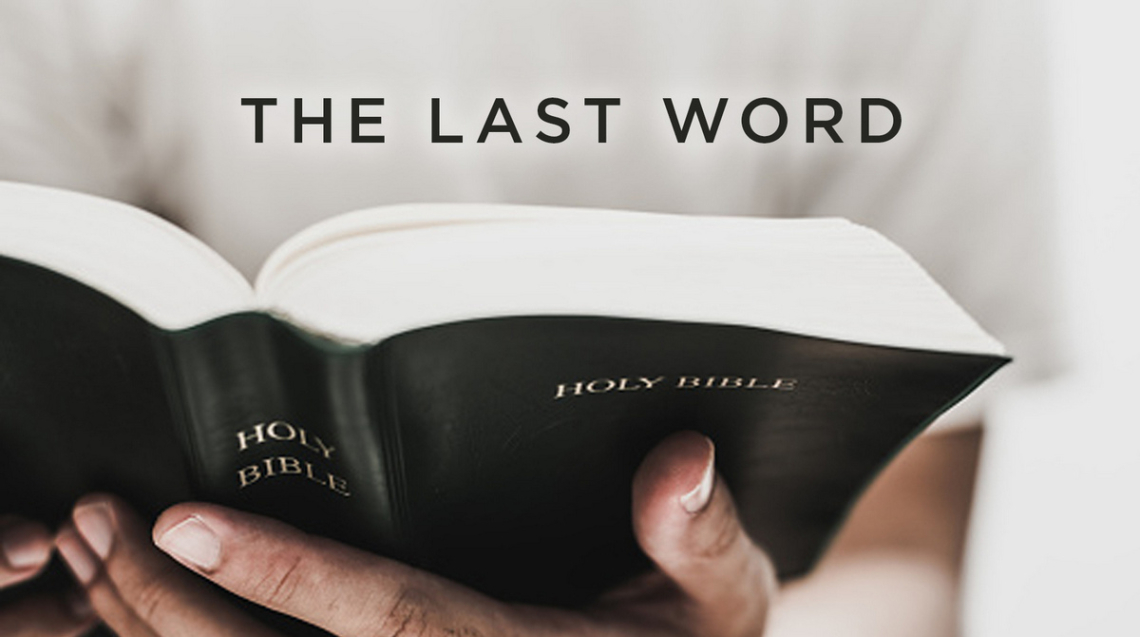November 2024 - ‘For all our departed brothers and sisters....’

In Catholic piety and devotion, the month of November is strongly associated with the practice of praying for the dead. The month begins with All Souls’ Day on November 2, when the Church explicitly prays that God’s mercy be shown to all the faithful departed. In warmer climates, the custom still remains of visiting cemeteries on November 2 or throughout the month and performing the spiritual work of mercy of praying for the dead.
The yearly occurrence of All Souls’ Day often prompts individuals to ask for Mass to be offered for a specific person who has died. We call that custom “requesting a Mass” or “having a Mass intention.” During a Mass that he will offer, we ask the priest to pray for a specific person who has died, and in return for that favor, we give the priest a modest gift, usually $10 in this part of the country. This is a quintessentially Catholic practice but one that is not always well understood, even by those involved, let alone those outside the Catholic Church. Why do Catholics do this?
To begin to arrive at an explanation, it must be said that the practice of requesting that a priest pray for a specific person during the course of a single Mass involves a number of interrelated beliefs that Catholics hold. First, there is the Catholic belief in heaven, hell, and purgatory. As Catholics, we hold that these states exist and that individuals’ souls find themselves in one of those states upon the particular judgment rendered by God at their death. Second, Catholics believe that the Mass offers spiritual benefits not only to those who attend but even to those who are not there, whether they be living or dead. Third, Catholics hold that the priest has a unique role in offering intercession to God on behalf of all of us, especially during the course of the celebration of Mass.
While other Christians believe as we do in heaven and hell, the belief in purgatory is not shared by all Christians. It is hard to understand why that is the case since both reason and Scripture (2 Mc 12:46, Mt 12:31, 1 Cor 3:15, 1 Pt 1:7) point to purgatory’s existence. All human life unfolds in stages. We are born, we grow up, we experience adulthood and old age, and we succumb to death. That is true for our natural life. Why wouldn’t it be true for our supernatural life also, the life of the soul? Shouldn’t the soul also move through stages on its way from this life to union with God? Purgatory is the stage whereby the soul is finally purified from all that is not worthy of encountering God, all the attachments that still hold it earthbound, all the harmful effects that past sins visited upon it. Once purified, it achieves the holiness necessary to enter the joy of heaven.
Catholics also believe that Mass benefits more than simply those persons who are present. Each of us certainly feels the spiritual benefit that we draw from attending Mass, participating, and receiving holy Communion. But the benefits of Mass do not stop there. The Mass was instituted by Christ to prolong His saving act on the cross through space and time. That saving act was meant to reach all people of all time and all places. Thus, the Mass is really offered for the salvation of the whole world, for everyone. We draw special benefits by being there. But the whole world benefits spiritually by the celebration of Mass itself, even those who have left this world and are in the state of purgatory awaiting the final purification that will permit them to enter the blessedness of heaven.
Again, what sets us apart from other Christians is the Catholic belief in the priesthood, whose purpose is to perpetuate this sacrifice of Christ throughout time and intercede with God the Father, like Christ did on the cross: “Father, forgive them, for they do not know what they do.” At the altar, the priest, acting as the instrument of Christ, intercedes for specific persons just like Christ prayed to the Father from the cross for specific individuals. That prayer is believed to accomplish a spiritual benefit for the one so remembered. That is true even if the person has left this life and is awaiting the glory of heaven in the state of purgatory. In the case of those souls in purgatory, the spiritual benefit received from the celebration of Mass assists these souls in being freed from the sinful effects of their earthly life. We are helping the souls in purgatory by our prayers, most especially, the priest’s prayer at Mass.
As you can see, there isn’t a simple answer to the question, “Why do Catholics do that?” But it is an important question to answer, since so many of our loved ones depend on our help in finally reaching their heavenly home.
Monsignor Marc B. Caron is vicar general and moderator of the curia for the Diocese of Portland.










